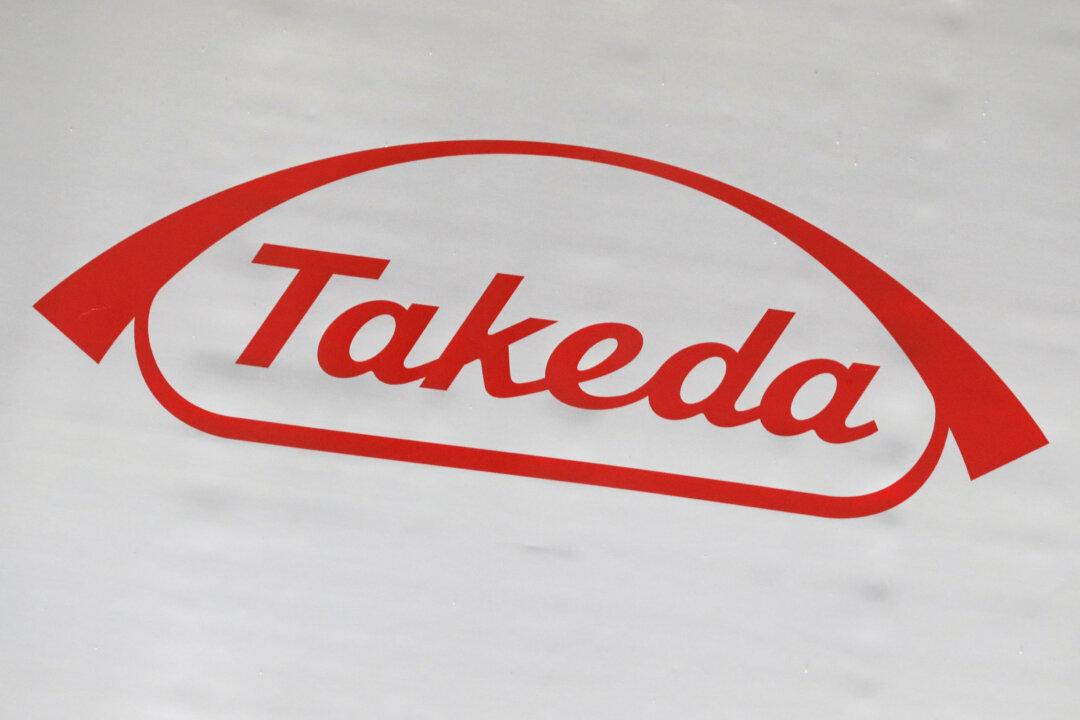A federal lawsuit has been filed against Takeda Pharmaceuticals by some of its former employees who blame the firm for not having provided religious exemptions for the COVID-19 vaccines. Headquartered in Tokyo, Takeda is a multinational enterprise with nearly 50,000 employees worldwide and the largest pharma company in Asia.
The lawsuit, filed on Nov. 18 in the U.S. District Court of Massachusetts, claims that Takeda instituted a mandatory COVID-19 vaccine policy for all field employees and required workers to submit proof of vaccination by Nov. 1, 2021. The vaccination policy asked employees seeking religious exemptions to specify the nature of the exemption. After receiving the request, the company appointed an investigator who then contacted the applicant for more information about the situation.





